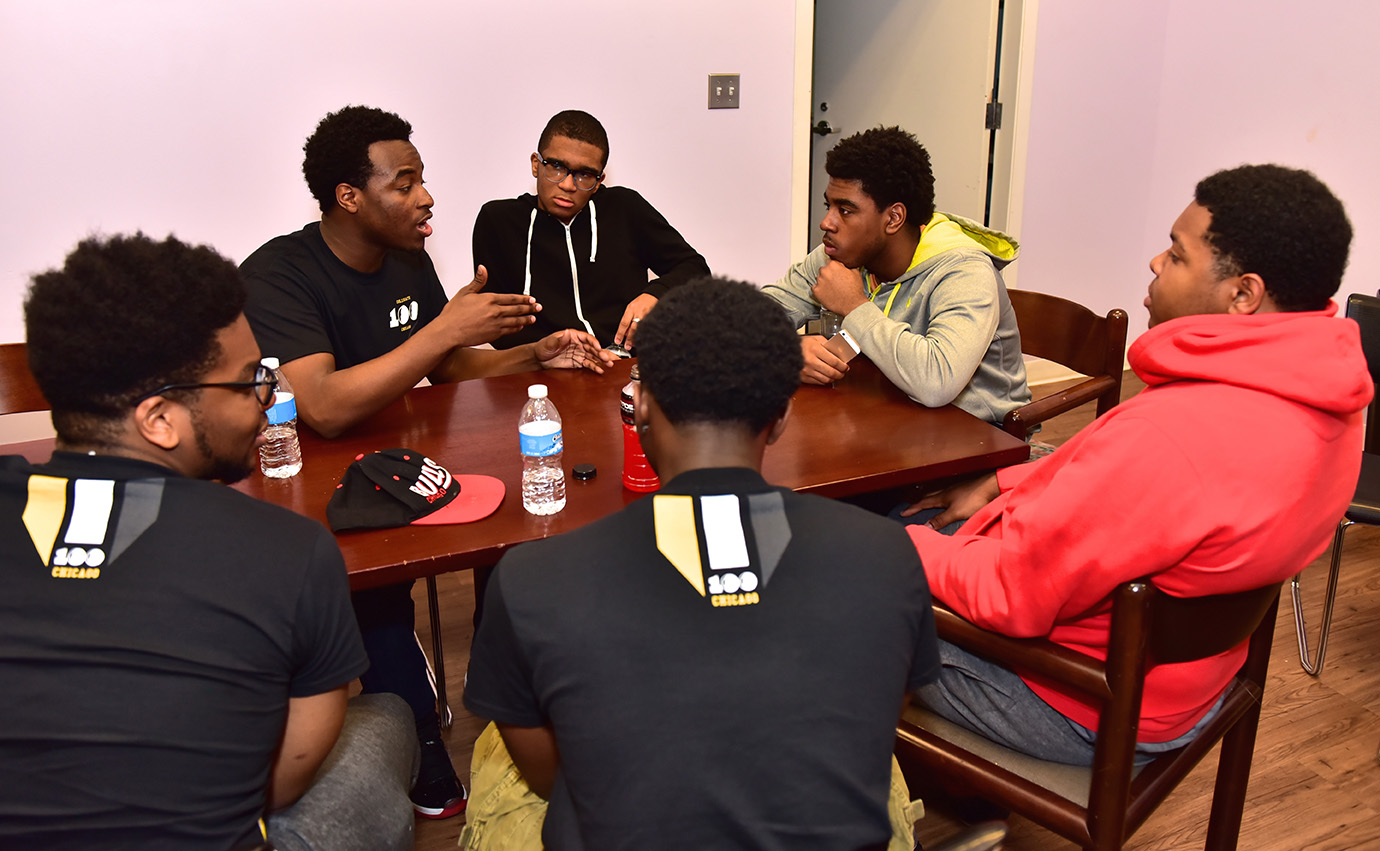Mentorship to some appears to be that of a status symbol or luxury, while to others might be the requisite bridge from boyhood into manhood. Mentorship, as experienced between men, however, can be an entanglement as they navigate their sense of self against the cultural current that is masculinity.
Very often, the interaction takes on a transactional nature as one looks to see what benefit the other can provide. Without set expectations around the choreography of the exchange, it’s very easy to fall into the denial of self, or feelings of rejection by the mentee.
1. Compassionate Mentorship
This looks like a genuine acknowledgment of the mentee, where they are in life, and the expression of a desire to help get them from point A to point B. It’s the difference between task-based mentoring (i.e. being assigned a mentor/mentee) and purposeful mentoring (i.e. seeking out a mentor/mentee).
In acknowledging that, you as the mentor have a vested interest in your mentee’s development, you are saying to the mentee that “I’m here, I see you, and I want you to succeed.”
2. Consistency
Some mentors get hooked up with a mentee and say, “Here’s my number. If you ever need anything don’t be afraid to reach out”, leaving the mentee to wonder what exactly they should be reaching out for.
This creates a stalemate and may indicate disinterest to the mentee or give the impression that the mentor is too busy for trivial thoughts or experiences. The burden, however, shouldn’t fall solely on the mentor to establish points of contact. The mentee should feel empowered to look for pockets of availability where there can be regular contact.
For a successful mentorship interaction to occur, establishing consistency in contact (with room built in for flexibility of course) is key. It says I’m committed to this interaction and to aid in your growth. Consistency can look different for different people. It might be once monthly or quarterly, or it might be once weekly or even yearly. That time should be blocked off and dedicated time to making sure the interaction is had.
3. Establish Expectations
This goes hand in hand with establishing consistency in contact. The mentor may be none the wiser of why or even how to help the mentee, inversely the mentee may have no idea what to expect in terms of attention and support of the mentor.
It’s important to be clear what is sought after, and the reasoning behind it. Maybe the mentee wants to be prepared for a higher level of status in an organization or wants to learn a particular skill set. Maybe the mentee wants someone to bounce thoughts off of from time to time for advice or reflection. Maybe the mentor just wants to make a difference in someone’s life because someone did or did not do it for them.
It’s important to be clear of each other’s expectations so that no one is left feeling disappointed or let down.
4. Create a List of Deal Breakers
The flip side to the establishment of expectations is also clearly defining boundaries and deal-breakers. What things won’t you tolerate or are off-limits in the interaction.
Perhaps Sunday is the day you spend with family and so no calls are made/accepted on a Sunday. Perhaps there are only certain hours you’d like to allocate towards your mentoring commitment. Maybe there are certain topics you’d rather not discuss or advise on.
The establishment of boundaries keeps the relationship in a controlled space, while also making sure that no unspoken boundaries are crossed. Being upfront about these boundaries eliminates the distraction of negative feelings or emotions and allows the mentor/mentee to focus on whatever the predetermined goal was.
5. Pay it Forward
Paying it forward is essentially a rinse and repeat process combined with the full circle of the student becoming the teacher. The mentee gets to take the best of their experience being mentored and provide that same framework and structure for another hence, multiplying the impact of the previous mentor’s work.
The mentor also gets to walk away with a feeling of accomplishment through the lens of their mentee’s accomplishment and gets to take the collection of experiences and lessons learned in that mentorship interaction and bring it to any future mentoring interaction moving forward; creating a continuous learning environment for the mentor.
By incorporating these guidelines into your mentoring practice, you will no doubt have a more structured and fruitful mentorship relationship whether you are acting as a mentor, mentee, or both.
Mentorship happens around us every day whether we give it the official title or not. It’s important that we follow the golden rule of mentoring and that is always “Find a mentor, be a mentor”.












